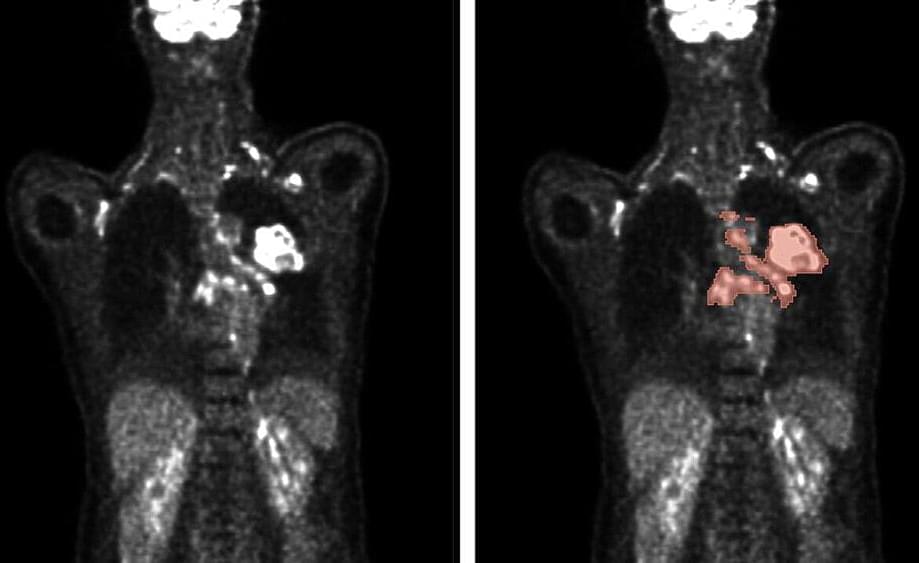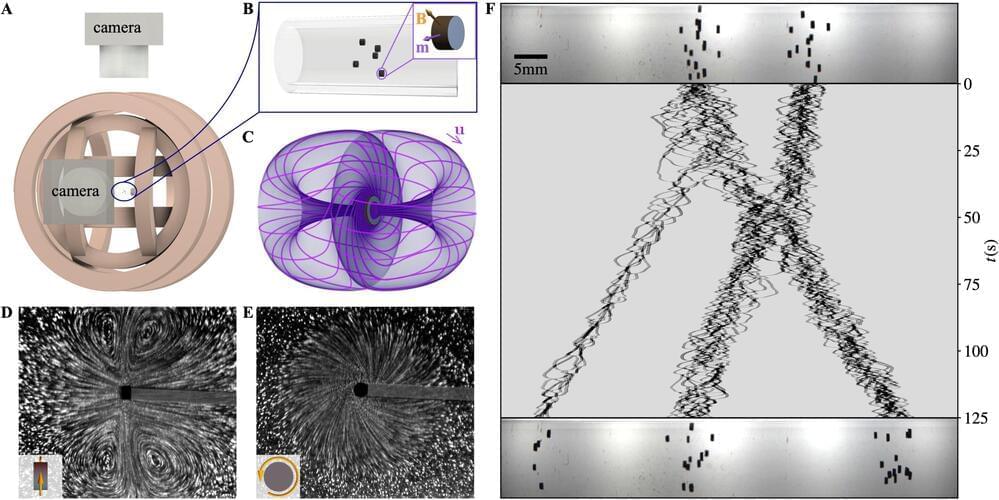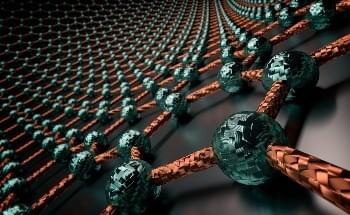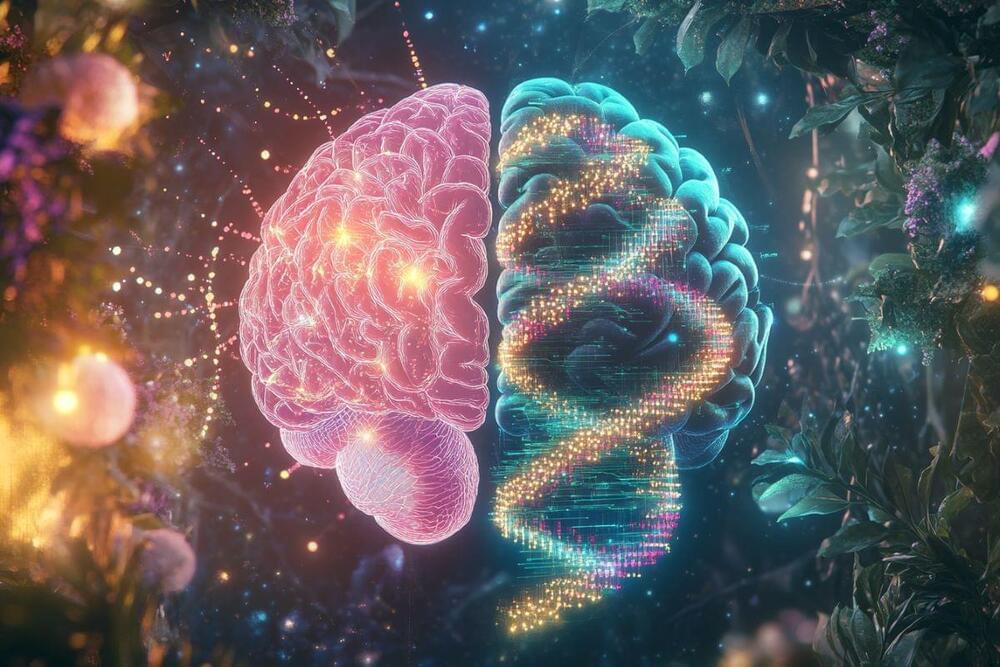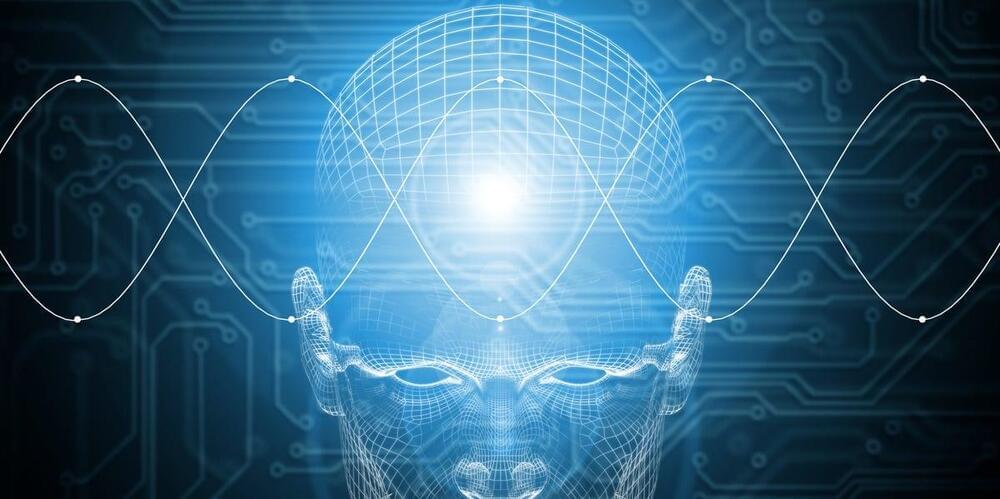Theoretical physicists have established a close connection between the two rapidly developing fields in theoretical physics, quantum information theory and non-invertible symmetries in particle and condensed matter theories, after proving that any non-invertible symmetry operation in theoretical physics is a quantum operation. The study was published in Physical Review Letters as an Editors’ Suggestion on November 6.
In physics, symmetry provides an important clue to the properties of a theory. For example, if the N-poles in a magnetic field are replaced by the S-poles, and the S-poles by the N-poles all at once, the forces on objects and the energy stored in the magnetic field remain the same, even though the direction of the magnetic field has now become reversed. This is because the equations describing the magnetic field are symmetric with respect to the operation of swapping the N and S poles.
Over the past few years, the concept of symmetries has received generalization in various directions in the theoretical study of particle physics and condensed matter physics, becoming an active area of research. One such generalization is non-invertible symmetry. The operation of conventional symmetries is always invertible. There exists a reverse operation to undo it. Non-invertible symmetry, on the other hand, allows certain non-invertibility in such symmetry operations.
